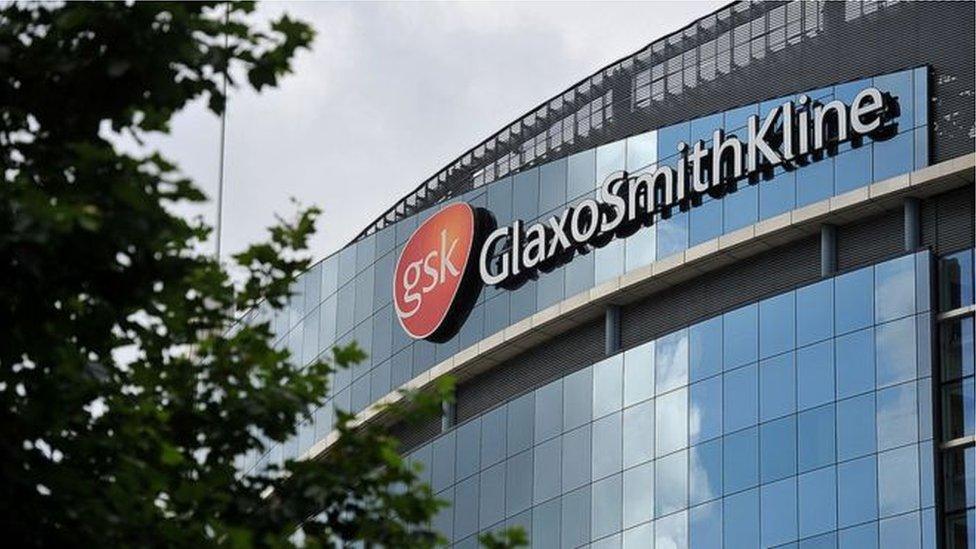GSK may sell Horlicks to fund Novartis deal
- Published

Pharmaceuticals giant GSK is to take full control of a joint venture which owns Sensodyne toothpaste, Panadol headache tablets and Nicotinell patches.
GSK will pay Novartis £9.2bn for its 36.5% stake in the Consumer Healthcare Business which was formed in 2015.
To fund the acquisition GSK is considering selling its Horlicks brand and other nutrition products.
Last week, GSK pulled out of bidding for Pfizer's consumer healthcare unit.
Greater focus
The Consumer Healthcare Business reported sales of £7.8bn in 2017.
it was "initiating a strategic review" of Horlicks and its other consumer healthcare nutrition products to help pay for the acquisition of the joint venture.
It would also enable it to focus more on over the counter medicines and oral health which between them notched up sales of £550m in 2017.
Last year, GSK confirmed plans to sell its Horlicks business in the UK and close the site where the malted drink was made. It also said it would off-load its MaxiNutrition brand.
The biggest sales of Horlicks and GSK's other nutrition products are in India, where Horlicks is seen as a "premium nutrition" product.
The company said it expected the strategic review to be completed by the end of this year. "There can be no assurance that the review process will result in any transaction," it added.
'Attractive' price
Commenting on the deal with Novartis, GSK chief executive Emma Walmsley said: "The proposed transaction addresses one of our key capital allocation priorities and will allow GSK shareholders to capture the full value of one of the world's leading consumer healthcare businesses."
Novartis said the sale would allow it to focus on the development and growth of its core businesses.
Novartis chief executive Vas Narasimhan said the consumer healthcare joint venture was doing well, but the time was right for the company to sell a non-core asset at an "attractive" price.
Shares in GSK closed more than 5% higher following the announcement, while Novartis rose by 2%.
AJ Bell investment director Russ Mould said the deal made it clear why GSK had pulled out of the bidding for Pfizer's consumer healthcare assets last week.
GSK appeared to be "cleaning up its act and gaining a tighter focus on what it does best", he added.
"The deal is also important as it will enable the business to better plan for capital allocation in the future, namely money to be used for pharmaceutical research and development among other activities.
"Such a strategic move isn't really a surprise given that chief executive Emma Walmsley said at the company's financial results in February that improving the pharmaceuticals business was Glaxo's main priority."
- Published13 February 2018
- Published30 March 2017
- Published19 July 2017